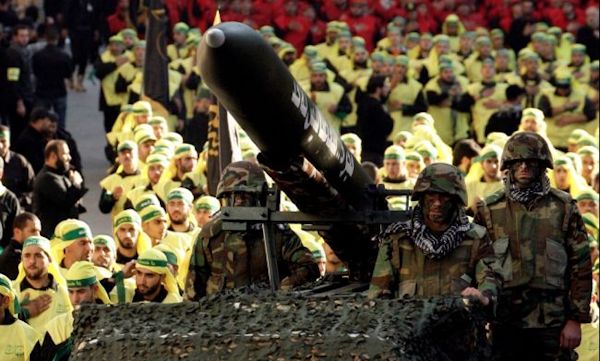 According to media reports, several of the 27 member countries of the European Union have raised questions over the evidence linking Hezbollah to the bombing of a bus of Israeli tourists in Burgas, Bulgaria, last year. At a closed-doors meeting in Brussels on Tuesday to discuss a British request for the EU to blacklist the military wing of the Lebanese Shiite movement, several government representatives also expressed concern that such a move would increase instability in the Middle East given that Lebanon was already suffering a spillover from the civil war in Syria. Among the countries that are skeptical are Finland, Sweden, Austria, Italy and Ireland. The latter currently holds the six-month EU presidency.
According to media reports, several of the 27 member countries of the European Union have raised questions over the evidence linking Hezbollah to the bombing of a bus of Israeli tourists in Burgas, Bulgaria, last year. At a closed-doors meeting in Brussels on Tuesday to discuss a British request for the EU to blacklist the military wing of the Lebanese Shiite movement, several government representatives also expressed concern that such a move would increase instability in the Middle East given that Lebanon was already suffering a spillover from the civil war in Syria. Among the countries that are skeptical are Finland, Sweden, Austria, Italy and Ireland. The latter currently holds the six-month EU presidency.
The ‘Wall Street Journal’ reports that the EU is still likely to add Hezbollah to its list eventually but that the process could take time. London last month formally announced it wanted the EU to blacklist Hezbollah's military wing over its ties to the bus bombing in Burgas, Bulgaria, last July that killed five Israelis and a local bus driver. France, Germany and the Netherlands quickly came out in support of the British initiative.
In February, then Bulgarian Interior Minister Tsvetan Tsvetanov presented a preliminary report linking Hezbollah to the bombing and a month later a Cypriot court convicted a 24-year-old member of Hezbollah of charges he plotted terror attacks against Jews. However, the new Socialist-led Bulgarian government appears to be more cautious about whether to include Hezbollah on the terror list.
Several EU diplomats told the ‘Wall Street Journal’ that the discussions in Brussels on Tuesday were inconclusive and that further talks were likely to be held in the week starting 17 June, meaning a decision could still come when EU foreign ministers meet in Luxembourg on 24 June.
All 27 member states of the European Union have to agree for Hezbollah to be added to the list of proscribed terrorist organizations, a move that would allow EU authorities to freeze Hezbollah's assets. Britain already includes the military wing of the Lebanese movement on its terror list, and the Netherlands the whole organization.
In recent months, the World Jewish Congress has been among those lobbying EU member states to blacklist Hezbollah. In February, WJC President Ronald S. Lauder wrote to the heads of government of all 27 member states, asking them to take "concerted action" against the Lebanese terror group.








